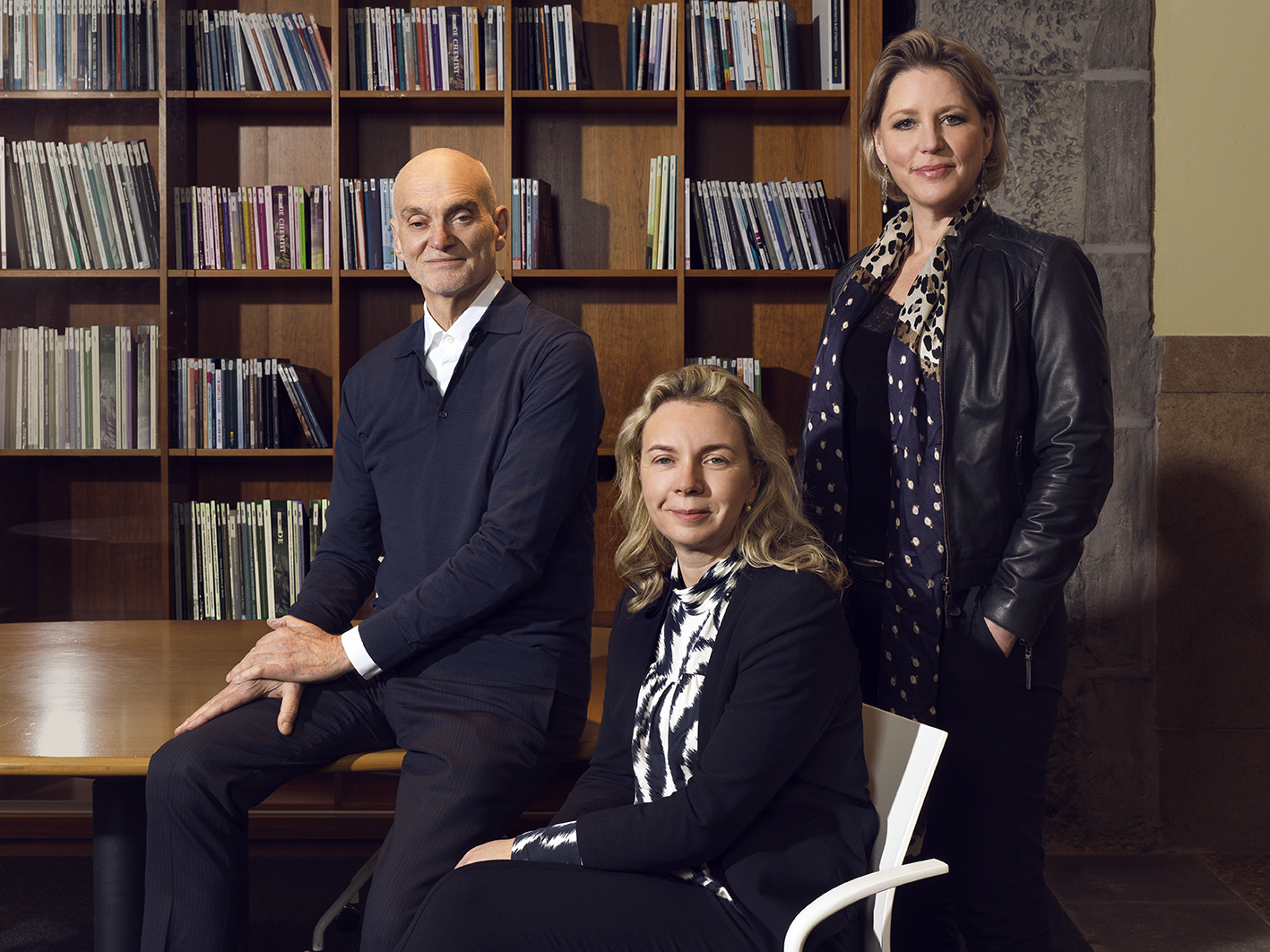Recognising the importance of equity and diversity, Maastricht University has fostered a supportive environment for its diverse community. UM’s approach to the Gender Equality Plan, as mandated by the European Commission, integrates both gender and sex considerations and acknowledges intersections with other characteristics such as nationality, age, disability, sexual orientation and ethnicity.
This approach, embedded within Maastricht University’s Diversity and Inclusivity Policy and Strategy, focuses on four key areas: organisational infrastructure, gender equality metrics, cultural and structural change, and inclusive knowledge dissemination.
Organisational measures include the establishment of a Diversity & Inclusivity Office in 2020 as well the provision of funding opportunities through annual D&I grants. Intersectional data collection, monitoring and evaluation serves to bolster gender equality in recruitment, advancement, retention and visibility. In practical terms, UM provides facilities like all gender and accessible toilets as well as toilets that contain free menstrual products, lactation-and resting rooms at its six faculties.
Also key is promoting inclusive language, recruitment and representation. Maastricht University sets a prominent example with an Executive Board consisting of a majority of female members. With 32.6% female professors, the UM is currently ranked second among Dutch universities participating in a recent survey from the Dutch Network of Women Professors. In addition, gender balance is a key requirement for advisory committees. Maastricht University’s cross-faculty Female Empowerment network, FEM, has published a quick guide to promote gender equity. You can check it at this link: https://www.maastrichtuniversity.nl/file/postertipsfem6png
Bringing about cultural and structural change also involves community capacity building and training, inclusive education and research, equal recognition and rewards, and supporting a healthy work-life balance as well as social safety and security. In all these areas, initiatives are either in place or underway at Maastricht University to bring about positive change in terms of equality and diversity. Read more here: https://www.maastrichtuniversity.nl/about-um/diversity-inclusivity/gender-equality-plan
Image: Maastricht University Executive Board, from left: Dr. Nick Bos, Vice-President
Prof. dr. Pamela Habibović, Rector Magnificus
Prof. dr. Rianne Letschert, President










